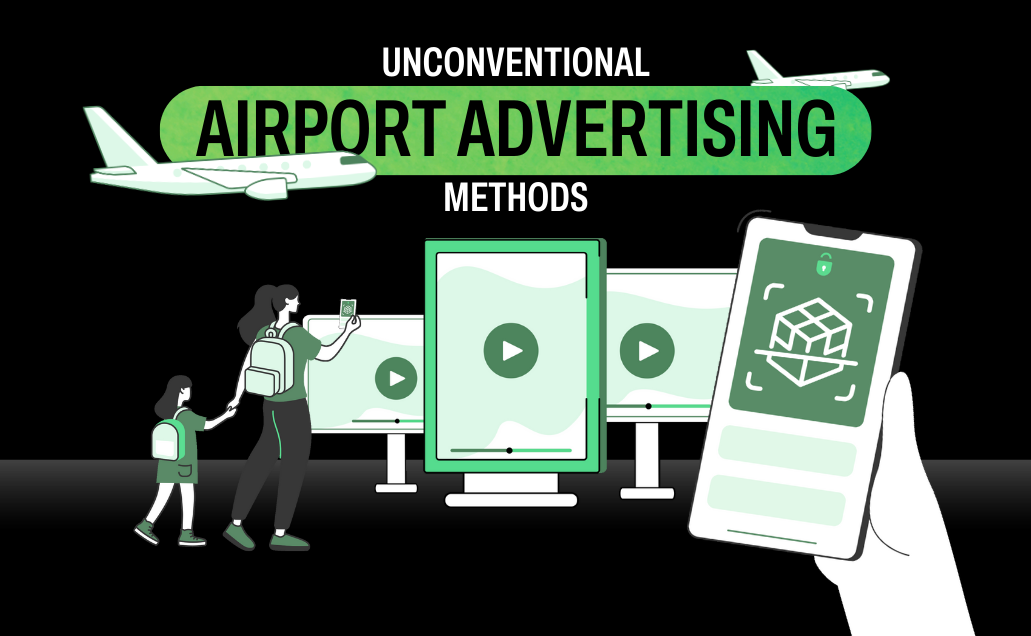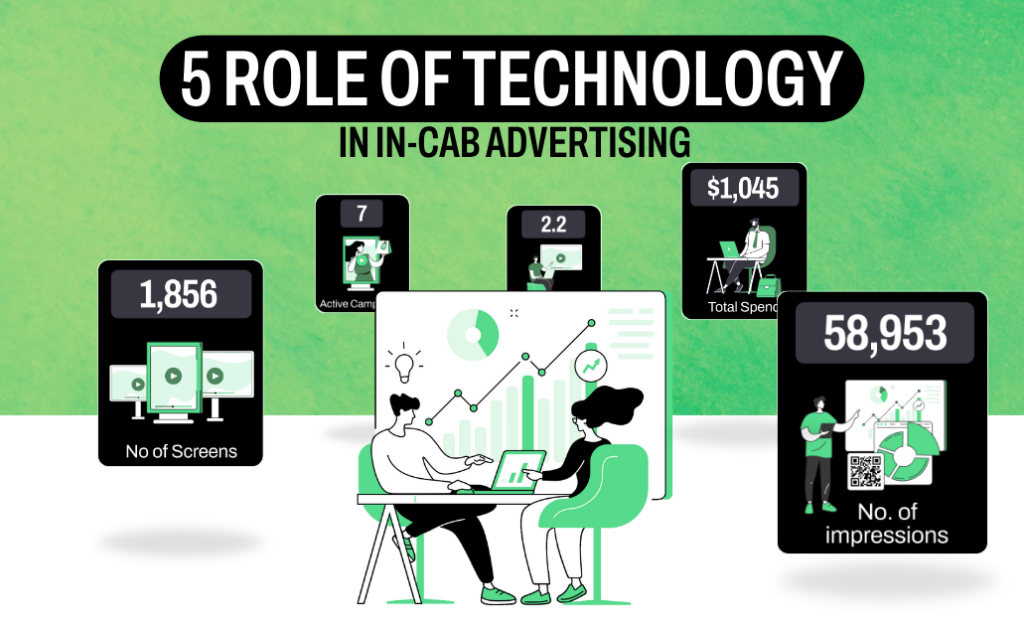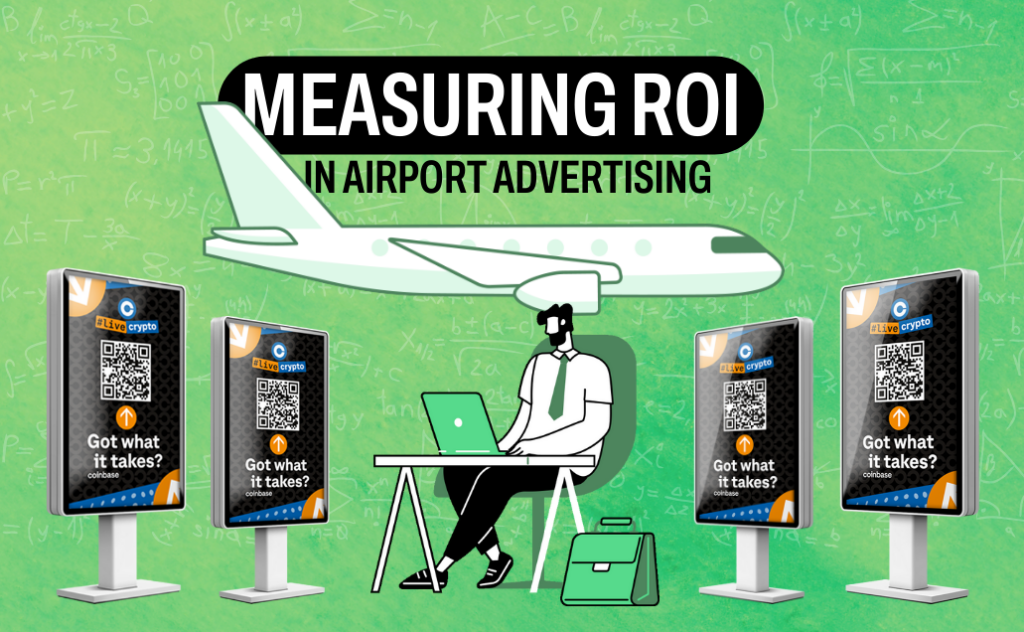1. Interactive Digital Displays
One of the most exciting innovations in airport advertising is the use of interactive digital displays. Unlike traditional static ads, these displays allow travelers to engage with the content through touch screens or motion sensors. For instance, interactive kiosks can offer travelers personalized recommendations based on their flight information or location within the airport.
2. Augmented Reality (AR) Experiences
Augmented Reality (AR) is revolutionizing how brands interact with airport audiences. AR allows travelers to experience advertisements in a more immersive way. For example, some airports have introduced AR experiences where passengers can use their smartphones or AR glasses to see virtual product demos, interactive games, or promotional content overlaid on their real-world environment.
3. Immersive 3D Projections
Another innovative approach is the use of 3D projections to create eye-catching visuals that seem to leap off the walls. These projections can transform ordinary spaces into dynamic advertising platforms. For example, a 3D projection of a brand’s product might appear to interact with the physical surroundings, creating a memorable and engaging experience for travelers.
4. Personalized Advertising through Data Analytics
With advancements in data analytics, airports can now deliver highly personalized advertising content based on real-time traveler data. By analyzing factors such as travel history, preferences, and even the time of day, airports can serve ads that are more relevant to each individual. This level of personalization not only improves the effectiveness of the advertisements but also enhances the overall travel experience.
5. Scent Marketing
Scent marketing is a novel way to engage travelers by appealing to their sense of smell. Brands can use specific scents to create a memorable atmosphere or reinforce their messaging. For example, a luxury hotel chain might use a signature fragrance in its airport ads to evoke a sense of elegance and comfort. This multisensory approach can leave a lasting impression on travelers.
6. Virtual Reality (VR) Installations
Virtual Reality (VR) is another cutting-edge technology making waves in airport advertising. VR installations can transport travelers to different environments or allow them to experience products in a virtual space. For instance, a travel agency might set up a VR booth where travelers can explore potential vacation destinations or experience immersive simulations of their travel services.
7. Gamification
Gamification involves incorporating game-like elements into advertising to make it more engaging. In airports, this might take the form of interactive games or challenges that travelers can participate in while waiting for their flights. Brands can offer rewards, discounts, or other incentives to encourage participation and increase brand interaction.
8. Social Media Integration
Integrating social media with airport advertising is a strategy that leverages the power of online communities. Airports can create campaigns that encourage travelers to share their experiences or participate in social media contests. For example, a campaign might invite travelers to post photos of themselves with a branded display for a chance to win a prize. This approach not only increases engagement but also amplifies the reach of the campaign through social sharing.
9. Sustainable and Eco-Friendly Advertising
As environmental concerns grow, many airports and brands are turning to sustainable advertising practices. This includes using eco-friendly materials for physical ads or promoting messages related to sustainability. For example, an airport might feature ads on digital screens made from recycled materials or promote green travel initiatives through its advertising campaigns.
10. Localized Content and Partnerships
Localized content and partnerships are becoming increasingly important in airport advertising. By collaborating with local businesses and incorporating regional elements into their ads, brands can create more relevant and engaging content for travelers. For instance, an airport might partner with local restaurants to offer exclusive discounts or feature local attractions in its advertising.
Conclusion
Innovative approaches to airport advertising are reshaping how brands connect with travelers. From interactive digital displays and augmented reality to immersive 3D projections and sustainable practices, these creative strategies are not only capturing attention but also enhancing the overall travel experience. By embracing these unconventional methods, brands can stand out in the bustling environment of an airport and make a lasting impression on a diverse and dynamic audience.
As technology continues to evolve and consumer preferences shift, the future of airport advertising promises even more exciting opportunities for innovation and engagement. Whether through cutting-edge technology or personalized experiences, the key to successful airport advertising will always be staying ahead of the curve and delivering value to travelers in new and imaginative ways.




